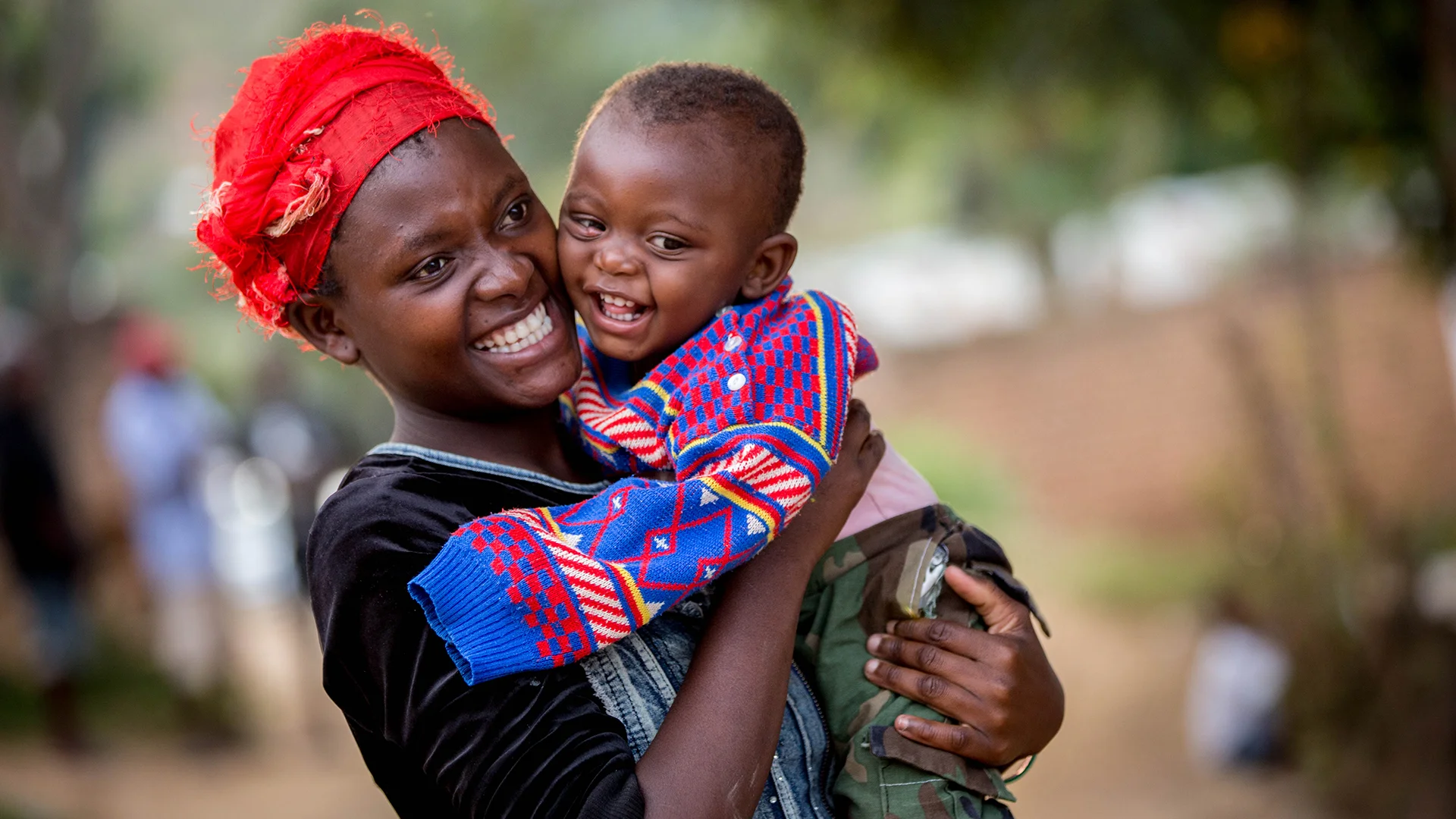Als UNICEF Global Parent geben Sie Mädchen und Buben weltweit die Chance auf ein besseres Leben, neue Perspektiven – und eine sichere Zukunft. Ihre regelmässige, nicht zweckgebundene Spende macht verlässliche Hilfe möglich und wirkt dort, wo sie am dringendsten gebraucht wird.
Herzlichen Dank.
Gemeinsam mit UNICEF engagieren Sie sich für Kinder weltweit dafür, dass
- jedes Kind bei der Geburt registriert wird, einen Namen und eine Nationalität erhält;
- unterernährte Kinder nicht sterben müssen;
- Kinder vor HIV/Aids geschützt werden;
- alle Kinder in die Schule gehen;
- Kinder vor Ausbeutung und Gewalt bewahrt werden;
- Mädchen die gleichen Chancen erhalten;
- Kindern in Krisengebieten schnell geholfen wird – auch bei Krisen, die abseits der medialen Präsenz stattfinden;
- UNICEF nachhaltige, dauerhafte Entwicklungsprojekte umsetzt.
Als Global Parent unterstützen Sie zahlreiche Projekte. Dank unseren Global Parents konnten wir 2023 beispielsweise:
Kleiner Beitrag, grosse Wirkung
Bereits mit 20 Franken monatlich finanzieren Sie beispielsweise:
- 90 energiereiche Biskuits für schwer mangelernährte Kinder,
- 80 Schulbücher für besseren Schulunterricht,
- Vier Notfalldecken für Kinder bei humanitären Katastrophen.
Global Parents erhalten einmal jährlich den Global Parent Report «Good News», Informationen zum Jahresbericht von UNICEF Schweiz und Liechtenstein sowie eine Spendenbestätigung.
